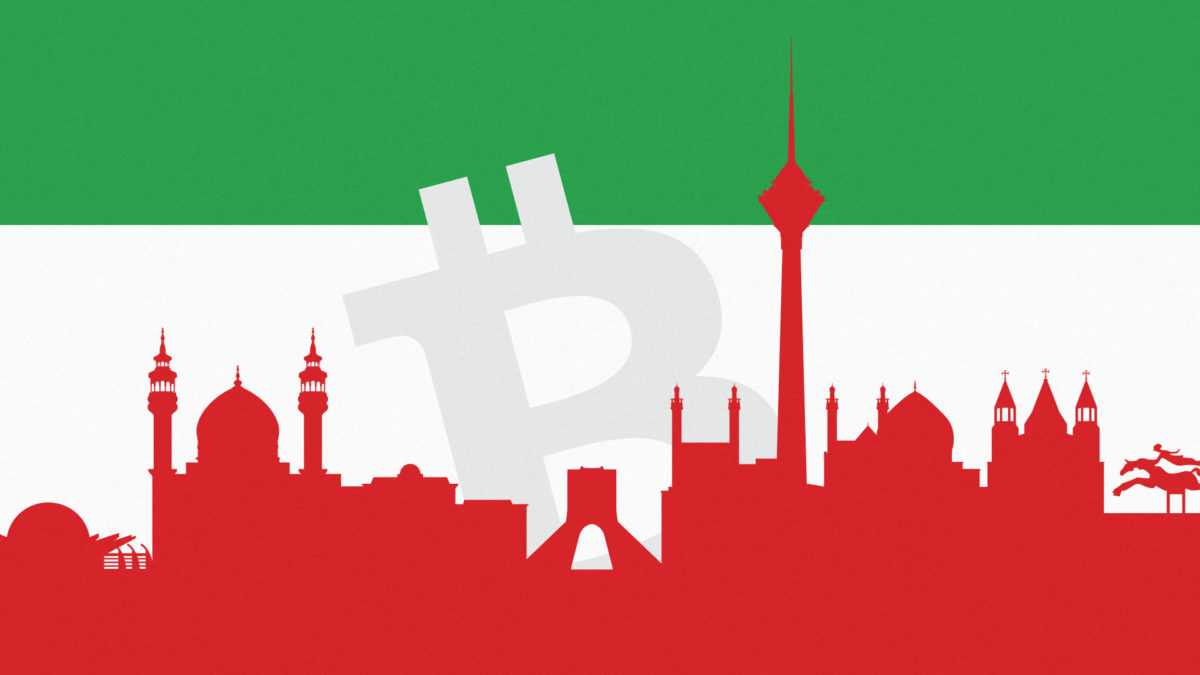Iran lifts Bitcoin mining ban in face of power shortages, US sanctions

Bitcoin mining in Iran has been largely offline for four months. That’s changed now that President Ebrahim Raisi gave permission to those with licenses to resume operations.
Previous president Hassan Rouhani enacted a ban in May on crypto mining ostensibly to meet energy conservation directives.
Earlier this year, Iran experienced severe power outages and water shortages (the country relies partially on hydroelectric dams for electricity).
As a result, the country halted all crypto mining, which requires considerable amounts of computing power, or hash rate.
Prior to the drought, Iran generated 4.5% of global Bitcoin hash rate, according to blockchain analytics provider Elliptic. The Cambridge Bitcoin Electricity Index reported about the same.
Authorities reckon tens of thousands of Bitcoin miners continued to operate illegally all year, despite the effects of the drought.
Some officials say that mining activity in Iran only uses 300 megawatts of power. Others say that figure is substantially higher due to unreported mining rigs.
Investigators even found mining rigs within government offices, including the Tehran Stock Exchange building.
Tehran Stock Exchange chief exec Ali Sahraee resigned.
Bitcoin mining to solve Iran’s ‘hard cash’ problem?
Under the weight of U.S. economic sanctions, Iran’s reversal of its Bitcoin mining ban may be in response to persistent US sanctions.
The sanctions have cut Iran off from most of the world’s banking system.
President Raisi, who recently replaced Rouhani, says that he will not sign any deal with the US that doesn’t include lifting economic sanctions.
Read more: [Iran relaxes crypto laws in bid to dodge US sanctions]
“Iran has recognized that Bitcoin mining represents an attractive opportunity for a sanctions-hit economy suffering from a shortage of hard cash, but with a surplus of oil and natural gas,” according to Elliptic (our emphasis).
Due to the power of US sanctions, even peer-to-peer exchanges like LocalBitcoins suspended service in Iran. This relegated Iranians to black-market crypto exchanges and cash transactions.
Meanwhile, China — also suffering from power outages and coal shortages — maintains a ban on all things crypto.
Looking for bite-sized news? We’re on Twitter.
